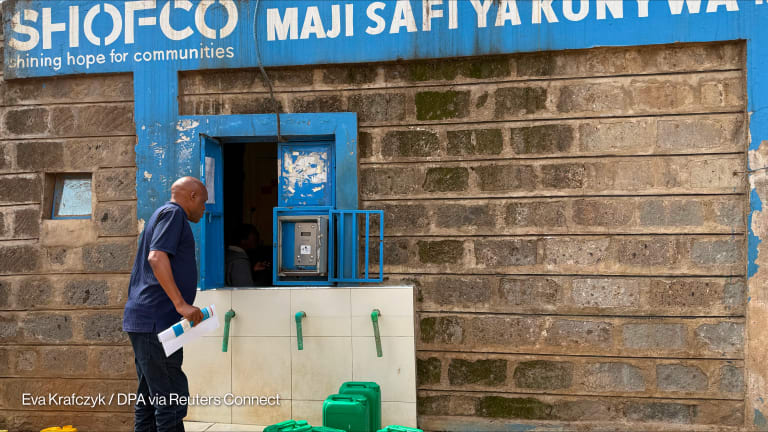The concept of localization has been a prominent topic since the World Humanitarian Summit of 2016. Recently, it has been promoted as a progressive step toward decolonizing the development and humanitarian sector.
On the surface, localization in humanitarian response seems to enable meaningful engagement and leadership of local and national groups from the countries where programs are being implemented. The apparent aim of localization is to enhance capacity exchange, increase direct funding, and empower local groups to lead initiatives. However, while well-intentioned, localization is not the definitive solution to decolonization and does not address its deep-rooted issues.
Colonization involves the restructuring of economies, political systems, societies, and knowledge systems, imposing Eurocentric ways of understanding the world. Decolonization, therefore, is not merely about improvement but about shifting power, altering forms of knowledge, and changing the understanding of the world away from a Eurocentric perspective.
Search for articles
Most Read
- 1
- 2
- 3
- 4
- 5








